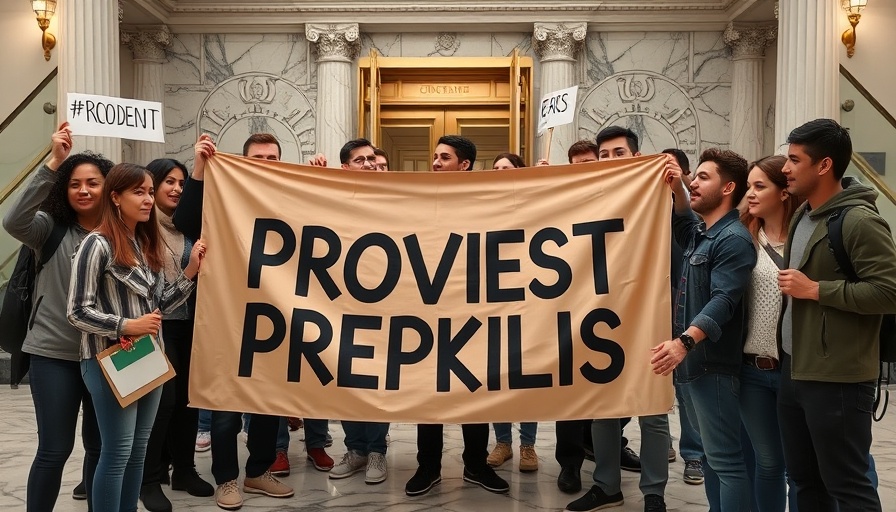
USAID's Emergency Waivers: A Lifeline or a Mirage?
The recent upheaval surrounding USAID's ability to respond effectively to global health emergencies calls into question the reliability of its emergency waivers designed to manage crises like Ebola and HIV/AIDS. Amidst a rising Ebola outbreak in Uganda, Elon Musk's flippant remarks about canceling crucial programs through his Department of Government Efficiency (DOGE) underscore a troubling lack of accountability and seriousness. The assurances that 'issues have been fixed' starkly contrast with the reality facing public health workers and communities in need.
Why Current Waivers Are Ineffective
Despite the supposed implementation of emergency humanitarian waivers, as confirmed by current and former USAID employees along with public health experts, the situation remains dire. Asia Russell of Health GAP encapsulates this sentiment with, 'The waiver is a myth.' This perspective highlights a systemic failure to deliver the promised support, exacerbated by DOGE's dismantling of the Global Health team and the cessation of communications between the CDC and WHO. Such actions have real-world implications, delaying critical response capabilities to infectious disease outbreaks and undermining decades of progress in combating pandemics.
Comparative Analysis: U.S. Response to Recent Outbreaks
When examining the stark dissimilarities between the U.S. responses to the recent Marburg virus outbreak in Rwanda versus the current Ebola crisis in Uganda, it's clear that resources are insufficient. Epidemiologist Craig Spencer notes the swift U.S. engagement in Rwanda, attributing it to a well-funded infrastructure which is now virtually non-existent in Uganda. The delayed communication between Ugandan health officials and the CDC further indicates a significant degradation in the U.S. global health strategy.
Impacts of Funding Freezes on Global Health Initiatives
The ramifications of continued funding freezes are far-reaching. The Trump administration's cuts have not only halted programs vital for combating diseases but have also curtailed the operations of organizations essential for mitigating famine. In addition, key HIV/AIDS initiatives like PEPFAR, crucial for treating millions, face operational paralysis despite receiving temporary waivers. Emory Babcock, a former USAID contractor, stresses that the essential lifeline for countless patients in regions like Africa hangs by a thread as funding uncertainty looms.
Urgent Call to Action: The Need for Robust Global Health Funding
The vulnerability demonstrated by current events serves as a wake-up call for global leaders. Without a strong foundation of sustained funding for health initiatives, the world risks backpedaling on decades of progress against infectious diseases. The dispersion of vital resources must be reclaimed to ensure that USAID and partner organizations have the capacity necessary to protect and serve populations at risk.
As advocates for global health, policymakers and executives must join forces to restore America’s commitment to aiding global initiatives. The implications of overlooking these responsibilities are dire, and the time to act is now. Engage with your networks, push for necessary reforms, and galvanize support for stakeholders dedicated to these urgent missions.
 Add Row
Add Row  Add
Add 


Write A Comment